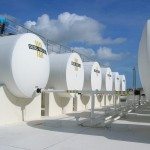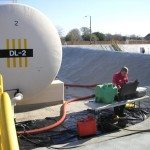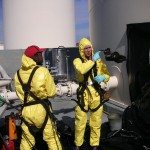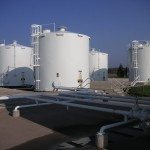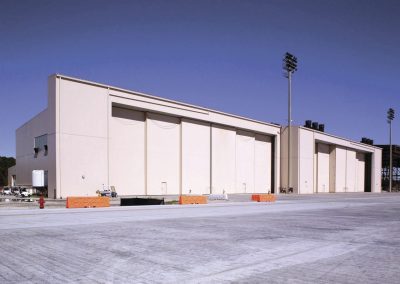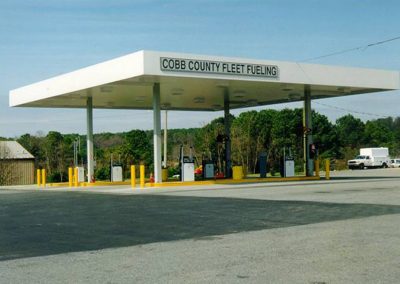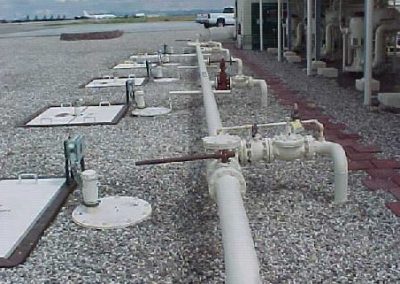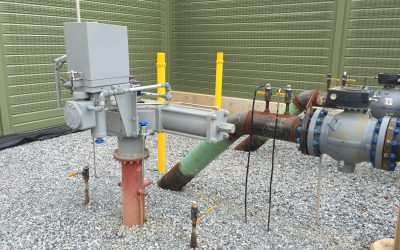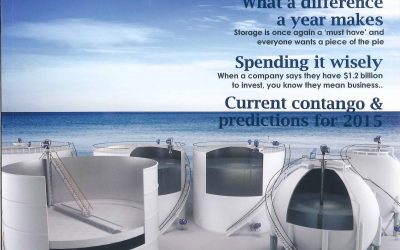API 653 Tank Inspections & Tank Cleaning - Various Military CONUS Locations
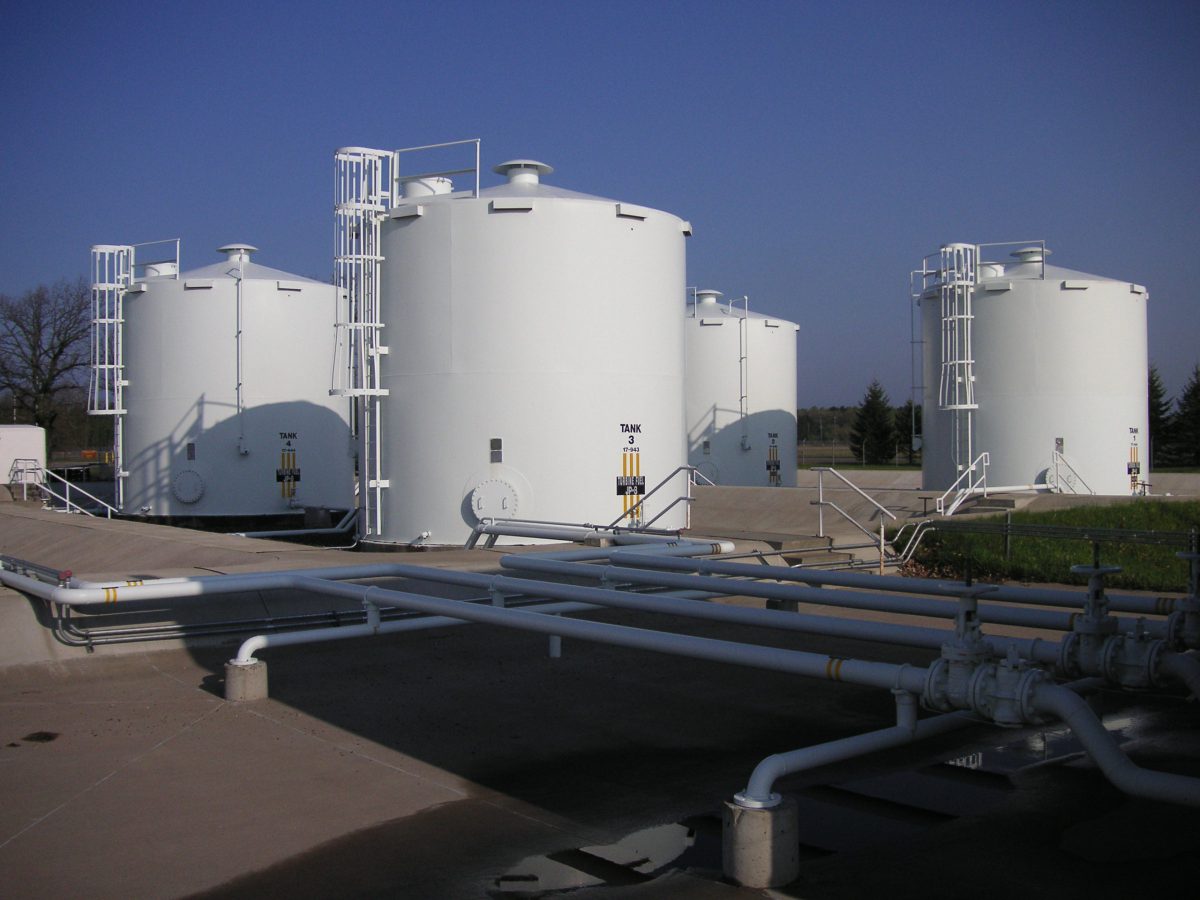
Pond performed tank cleaning and inspection for 43 above ground fuel storage tanks at eight CONUS bases. The tanks included in the scope ranged from 20,000 gallon horizontal Mogas and Diesel tanks to 43,600 BBL field erected tanks storing JP-8 and JP-5 aviation fuel.
The scope of work included coordination with base fuels personnel to arrange dates when the tanks can be emptied and considered temporarily out of service for the inspections. Once the tanks were emptied, Pond provided certified professionals and equipment to clean the interior of the tank and perform the inspections.
All sludge, waste product and petroleum contact water generated in the cleaning of the tanks were properly disposed of by Pond. In most cases, the waste product was recycled which reduced the requirements and risks of disposal of the materials as hazardous waste.
As tanks were cleaned and readied for entry, Pond inspected the tanks in accordance with API 650/653. A variety of non-destructive examination techniques were employed including high resolution magnetic flux leakage (MFL), A-Scan and B-Scan ultrasonics (UT). A special robotic UT scan device has been used to scan vertical bands up the tank shell and around each shell course, providing detailed shell plate thickness measurements without requiring manlifts or ladders.
The final reports evaluated each tank for safe operation in accordance with API 653/650, local regulations and the Unified Facilities Code (UFC). Recommendations for repairs or modifications included a prioritized listing of immediate actions needed for safe operation, actions that can be accomplished during routine maintenance and modifications required for compliance with either API 653, local regulations or the UFC. Where applicable, Pond has assisted in developing DD Form 1391 programming documents for base personnel to get the repair projects started.
The coordination of cleaning, inspection and return to service in a single contract has minimized the impact on the operations at the bases. The efforts to recycle waste products as non-hazardous petroleum products has reduced costs to the government and eliminated the paperwork often associated with disposal of hazardous waste.
Related Projects
Related News
Natural Gas Infrastructure Expertise Recognized by ACEC
Atlanta, GA - During the past 25 years, Atlanta's metropolitan area has experienced rapid growth, and much of that growth has taken place in areas such as Duluth, which is farther removed from Atlanta Gas Light's existing interstate supply points and high-pressure...
Kris Allegood, PE Named Vice President of Aviation Fueling
Pond, an industry leader in planning, architecture, engineering and construction services, is announcing the promotion of Kris Allegood to the position of vice president. Kris is primarily responsibe for Pond’s Aviation Fueling division. He has been tasked with...
Tank Storage Magazine publishes second article by Brian Lunsford, Senior Project Manager at Pond & Company
Brian Lunsford, PE, API 510/570/653, ASNT Level III, AWS, CWI, STI-SP001, Senior Project Manager at Pond & Company (POND) was published in Tank Storage Magazine for a second time this year. Lunsford’s article “Initial Storage Tank Internal Inspections” was...

